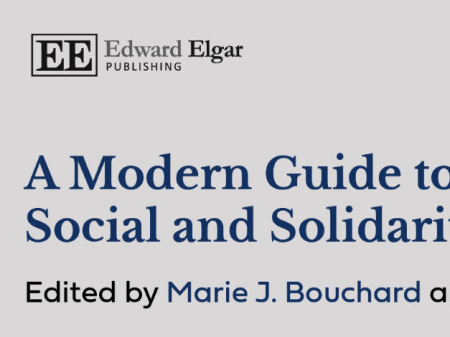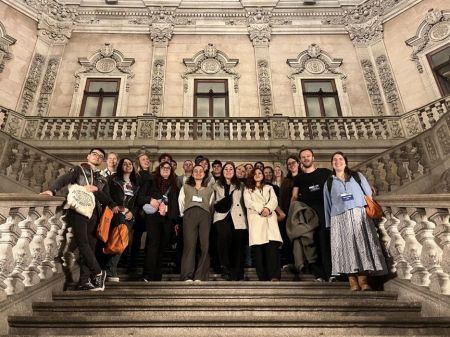We are pleased to share news of a new book relevant to…
African co-operatives welcome more graduates from co-operative universities
While young people in Tanzania are unable to find employment largely due to a lack of qualifications, over 2,254 students obtained degrees in co-operative studies from a co-operative university college based in Moshi.
With 45 per cent of Tanzania’s population is under 15, each year 900,000 Tanzanians enter a job market that is generating only 50,000 to 60,000 jobs. About 75 per cent of employed youths are active in the agriculture sector, and only 6.7 per cent hold public sector wage jobs.
Moshi University College (MUCCoBS) is the oldest co-operative training institution in Tanzania, having been set up 43 years ago. Its courses provide students with knowledge of co-operative accounting and management as well as rural development.
MUCCoBS is not only offering students a wide range of courses related to the co-operative enterprise model, but it is also playing an important role in boosting co-operative education. Special guest at the 8th graduation ceremony of MUCCoBS, Chiyoge Sifa, Regional Director of the International Co-operative Alliance’s office in Africa, said co-operatives will be able to employ the best graduates from MUCCoBS, who will become future co-operative managers.
She praised the college for its contribution to spreading awareness of the co-operative enterprise model, saying that the co-operative movement needs more qualified young people in management and leadership positions.
“These graduates which MUCCoBS has trained over the years will no doubt bring a positive change in the management of co-operative organsiations in Tanzania and in all countries,” she said.
Speaking at the graduation ceremony, Principal of MUCCoBS, Professor Faustine Bee, said that Tanzania had adopted the International Year of Co-operatives resolution, aimed at building, strengthening and supporting co-operative enterprises, which fallen in line with the objectives set out by the college.
Although at fist it enrolled only 150 students, the university college has now over 2,000 students. The institution has big plans for the future, aiming to become one of the most progressive university colleges not only in Tanzania, but also across the world.




